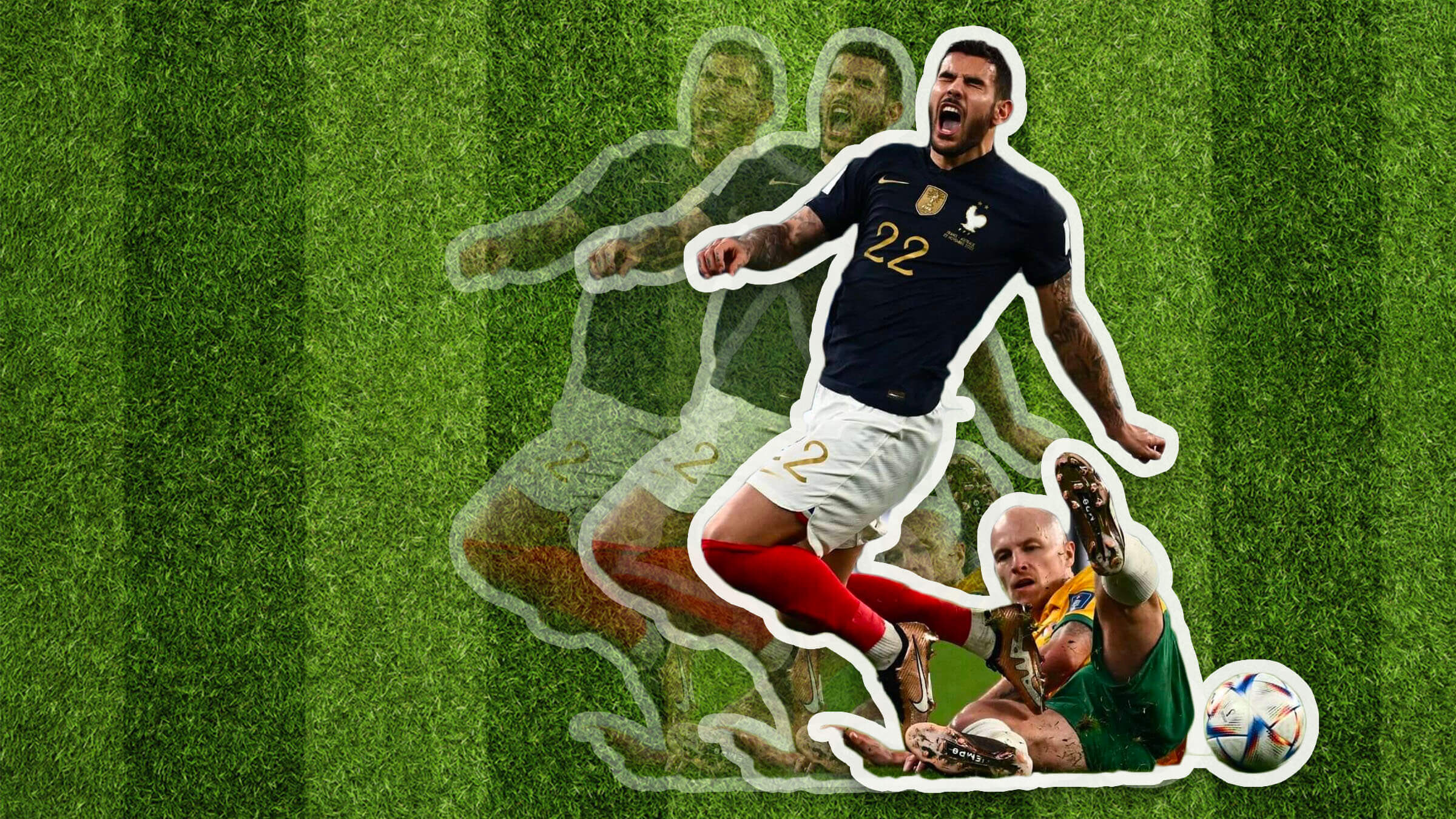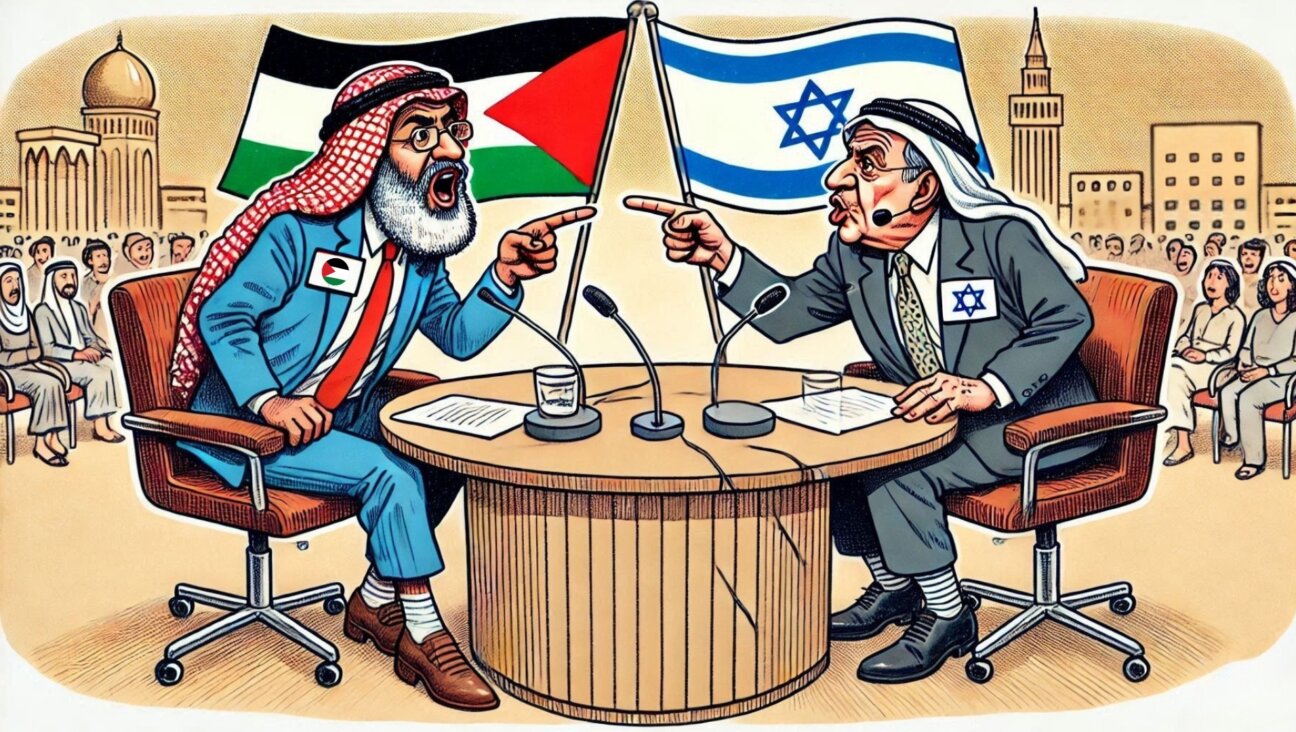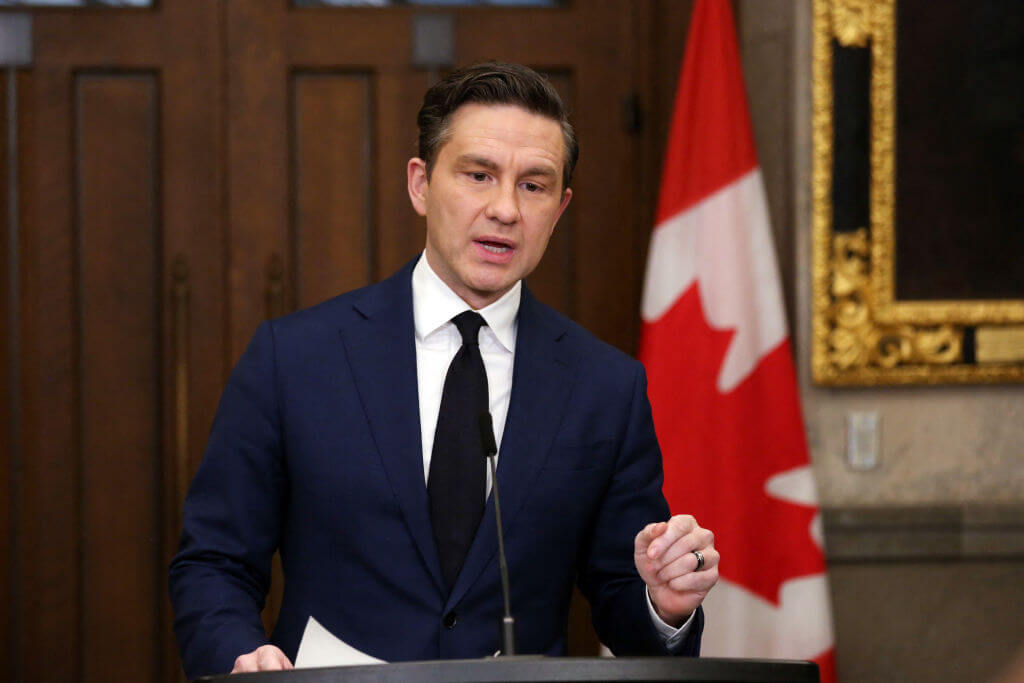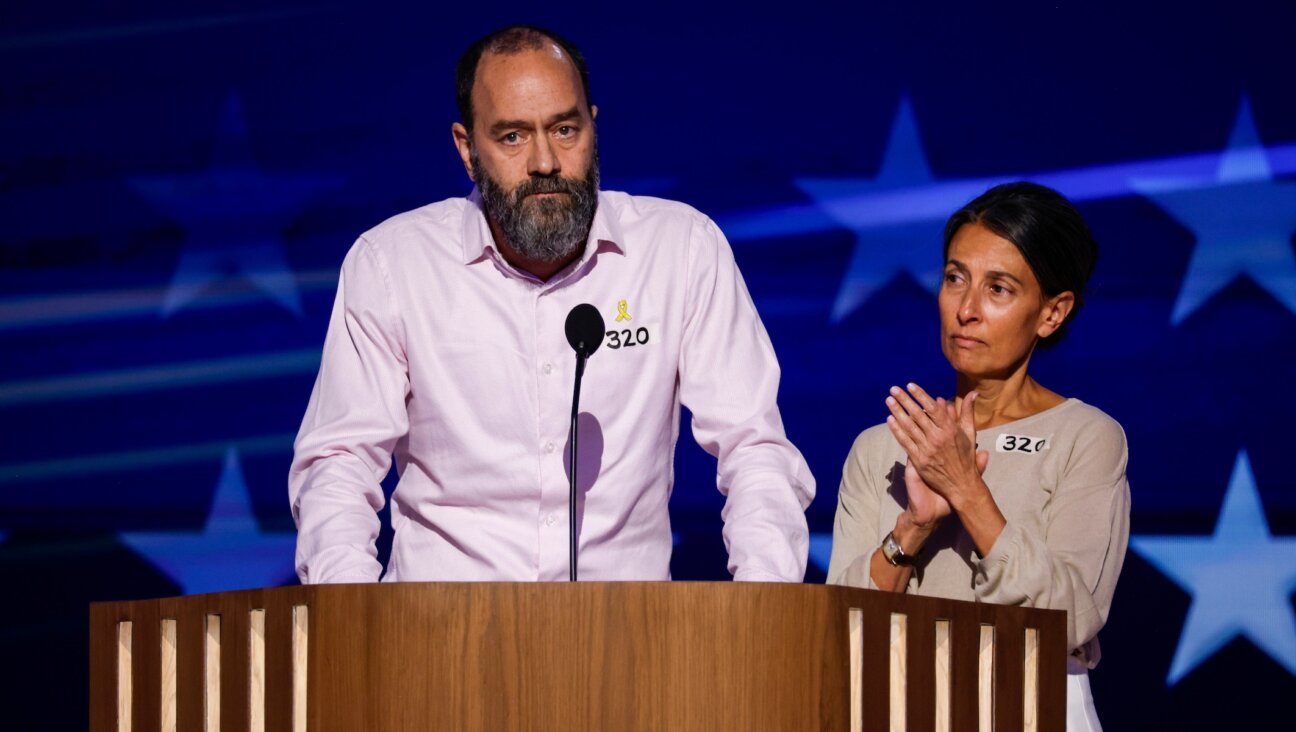I’m a Jewish teenager and I wish Israel were in the World Cup
My school is soccer-crazy. But which team am I supposed to root for?

France’s defender Theo Hernandez, left, is tackled by Australia’s midfielder Aaron Mooy during the Qatar 2022 World Cup. Graphic by Getty/Laura Adkins
I wish Israel were in the World Cup this year. I’m an American Jew who has never been to Israel, and I have no family there except distant cousins, but I still feel like Israel is my team, and I want someone to root for.
The Massachusetts high school where I’m in 11th grade is soccer-obsessed. The World Cup is all my peers can talk about. They post countdowns to matches on social media, bring the tournament up throughout the day and have all declared allegiances for certain countries. Some of my friends just root for certain players or teams that are good, but most pick favorites based on their heritage: Spain, Switzerland, Croatia, Ghana, Morocco, Brazil — they root for where their family is from.
I have mixed feelings about Israeli politics, and I was not happy about the victory of the right wing in this month’s election. But if there is one country that I would feel most ready to root for in the World Cup, it would be Israel.
My Jewish identity
Initially, I wondered why I’m drawn to a country I’ve never visited. But I don’t identify with anywhere else. Yes, I have some Danish and English ancestry. Yet I don’t feel connected to Denmark or England in the same way that I feel connected to my Jewish identity, and that Jewish identity includes a feeling of connection to Israel.
When people ask me where my family is from, I don’t know what to say. On Culture Day at school, when my classmates show up in their national soccer jerseys, proudly bearing their country’s colors, I am at a loss. I have a culture that I connect to strongly — being Jewish is at the core of who I am — but I struggle with choosing how to express it.
I certainly wouldn’t identify myself as being from Russia, Poland, Belarus or any other countries in the Pale of Settlement where my ancestors lived through antisemitic pogroms. To me, being Russian or Polish implies being Christian, which I am definitely not. My history and culture is different from those places, and for much of their history, my people were persecuted or ignored.
Connected to a people, not a place
I’m not Israeli, either, so it feels a little weird to claim that culture. My connection is to the Jewish people, not to a place.
But today, the Jewish people are represented in the state of Israel. To me, Israel embodies the Jewish spirit just by existing. Israel is the place where people speak Hebrew, a language that I can read, but most of my friends cannot. It is the place where the names that sound funny to everyone else are normal; the place where people understand my holidays and traditions, where people have the same holidays and traditions.
I feel connected to Jews, whether I know them personally, or whether they are in movies, TV shows, or sports I watch; in Israel, that connection is multiplied a hundredfold. It is the place with people like me.
I want to support a team of those people; I want to cheer them on, as they play soccer against the rest of the world. I am proud of them; I care about them; I feel connected to them.
The World Cup is in Qatar this year, a country with no diplomatic ties to Israel. I was happy Qatar lifted its ban on Israeli tourists, and it would have been great if Israel had qualified for the tournament: I would have been excited to cheer for them.
American, after all
As the World Cup hype in my school builds, I still want to find a team to root for; I think it makes it more fun. Right now, I’m leaning toward the U.S. I am American, after all. And: The goalie is Jewish.
A message from our Publisher & CEO Rachel Fishman Feddersen

I hope you appreciated this article. Before you go, I’d like to ask you to please support the Forward’s award-winning, nonprofit journalism so that we can be prepared for whatever news 2025 brings.
At a time when other newsrooms are closing or cutting back, the Forward has removed its paywall and invested additional resources to report on the ground from Israel and around the U.S. on the impact of the war, rising antisemitism and polarized discourse.
Readers like you make it all possible. Support our work by becoming a Forward Member and connect with our journalism and your community.
— Rachel Fishman Feddersen, Publisher and CEO























